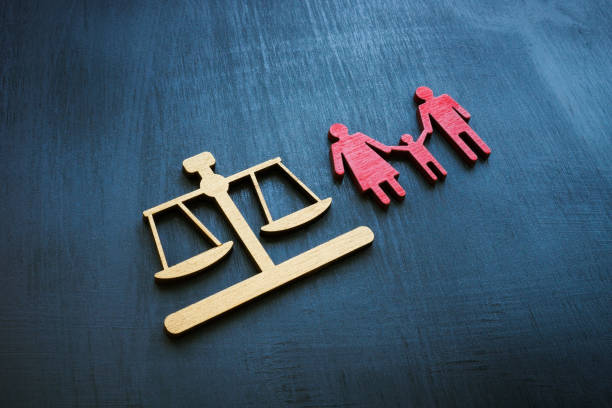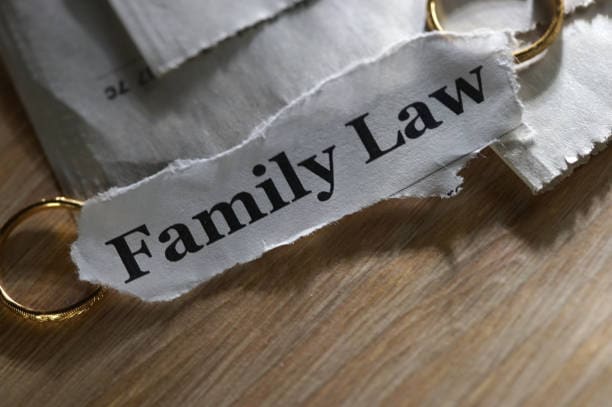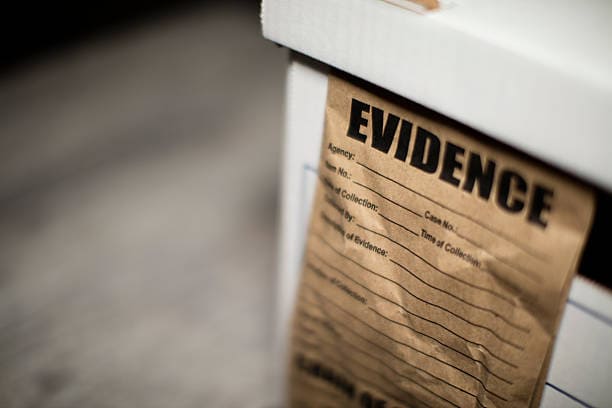This article will outline Procedure and Evidence Family Law Act 1975. This Act is the main legislation that governs family law matters in Australia. The Act sets out the legal framework for issues related to marriage, divorce, child custody, property settlement, and other family-related matters.
Moreover, the Act also establishes the Federal Circuit and Family Court of Australia as the court responsible for hearing and determining family law disputes. Part XI, Division 1 of the Act contains general matters regarding procedure and evidence. These procedures and evidence are used to determine family law disputes.
In general, the Act requires that court proceedings be conducted in a way that is fair, just, and efficient. This includes ensuring that both parties have an opportunity to be heard and to present evidence in support of their case. Do you want to know about relevant sections regarding procedure and evidence in the Family Law Act? Read on to find out more.
The Importance of Procedure and Evidence Family Law Act
Procedure and evidence in family law matters is important since this ensures fair and just conduct in legal proceedings. Procedures, such as those set out in the Family Law Act 1975, provide a framework for initiating and conducting court proceedings. These procedures contain steps and deadlines that must be met to ensure that the case proceeds smoothly and in a timely manner.
Evidence is also very important in the legal process. It is used to prove or disprove a disputed fact. The rules of evidence govern what types of evidence can and should be presented in court. This helps to ensure that the evidence presented is trustworthy and relevant, and that the court takes it into account when making its decision.

Section 100B: Children
Children who are under 18 years of age are referred to child or children under this section. Can children swear affidavits, act as witnesses and be present in courts for family law matters? According to Section 100B, a child, other than a child who is, or is seeking to become a party to proceedings, may not swear an affidavit in court.
However, the court may draft an order that allows them to do so. Children must not be called as witnesses, or be present in proceedings in family courts. Again, the court will only allow this if they make an order allowing children to act as witnesses or be present in proceedings.
Section 101: Protection of Witnesses
According to Section 101 of procedure and evidence Family Law Act, the court may prohibit or excuse a witness from answering a question that is:
- Offensive
- Scandalous
- Insulting
- Abusive
- Humiliating
However, the court may order witnesses to answer such questions if it will bring justice to a person and/or the case. The court must prohibit or excuse a witness from answering questions asked during an oppressive, repetitive, or hectoring (loud, unpleasant, forceful) examination. Again, the court may continue with the examination if it is just and fair to do so.
Section 102: Proof of Birth, Parentage, Death or Marriage
According to Section 102 of procedure and evidence Family Law Act the court may accept evidence stated in either:
- Entry or record of birth. This refers to the evidence used to establish the identity of a child such as birth certificates.
- Death certificate. This refers to evidence that is used to establish that a person is deceased.
- Marriage certificate. This certificate is the primary evidence used to establish the legal marriage of two people. The NSW Registry of Births, Deaths, and Marriages is responsible for information regarding births, deaths, and marriages in NSW.
- An entry in a register of parentage information kept under Commonwealth or State law, or prescribed overseas jurisdiction.
These types of evidence are typically used in proceedings related to divorce, child custody, property division, and other related matters. The Family Law Act provides that the court may accept any evidence that it considers to be relevant to the case. Additionally, the court also has discretion to make an order for the discovery or inspection of any document or thing relevant to the case.
Section 102A: Restriction on Examination of Children
Examination of children under this section refers to medical procedures or psychiatrist/psychologist assessment. According to Section 102A of procedure and evidence Family Law Act, evidence from examination which related to child abuse or the risk of child abuse is not admissible in proceedings under this Act.
This is true if the child is examined without leave of court. However this does not apply to evidence resulting from the first examination that a person causes a child to undergo for the purpose of deciding whether to:
- Bring proceedings under the Family Law Act that involves allegations about child abuse or risk of child abuse
- Make allegations in proceedings under the Family Law Act that a child has been abused or is at risk of being abused
The court must have regard to the following matters whether to give leave for a child to be examined:
- Whether the proposed examination is likely to reveal relevant information that would be difficult to obtain otherwise;
- The qualifications of the person who proposes to conduct the examination
- Whether the distress that the child will experience will outweigh the value of the information obtained from the examination
- Any distress caused to the child from any previous examination
- Any other matter that the court considers relevant
A court may admit evidence which is otherwise inadmissible under Section 102A of procedure and evidence Family Law Act where if they are satisfied that the:
- Evidence relates to pertinent issues for which the evidence already before the court is insufficient;
- Court will not be able to determine the proceedings properly unless the evidence is admitted
- The admission of the evidence is likely to benefit the welfare of the concerned child.
Section 102B: Assessors
According to Section 102B, the court may appoint an assessor, in proceedings under this Act, to assist:
- In the hearing and determination of the proceedings or any part of them
- Any matter arising under proceedings.
Assessors may include psychologists, social workers, or other professionals with expertise in child development and family dynamics. Their role is to provide an independent and unbiased assessment of the child’s best interests.
Read: Family Law Act Best Interests of The Child

Importance of Seeking Legal Advice
This article has outlined relevant sections under procedure and evidence Family Law Act. However, people should not just rely on these provisions, especially if the court requires evidence for their family law matter.
JB Solicitors is an experienced family law firm that aids in matters related to procedure and evidence in court proceedings. We also have mediation and arbitration services if people want out-of-court resolutions.
Contact us today for more information about procedure and evidence Family Law Act.
